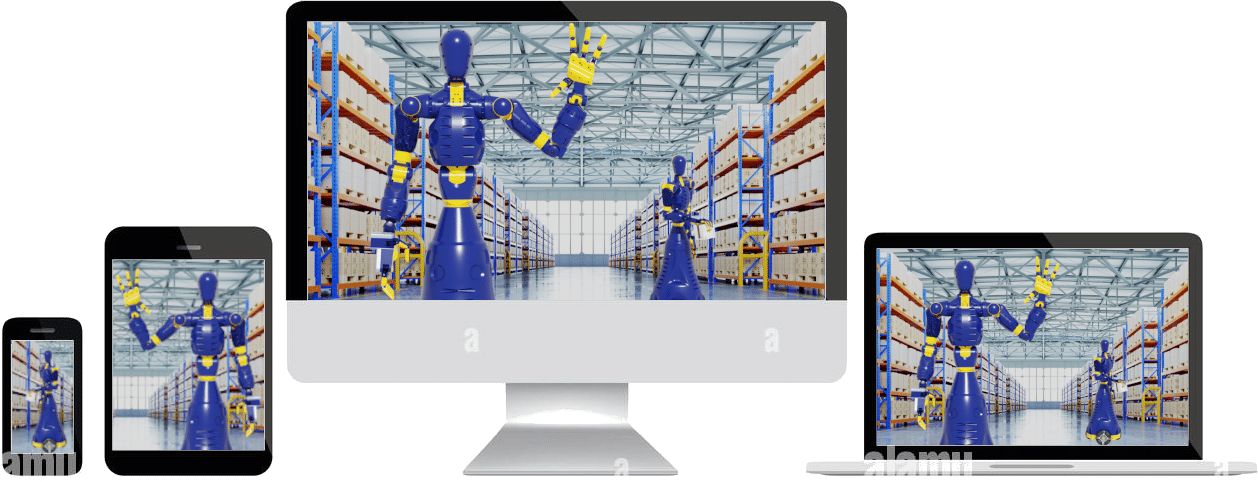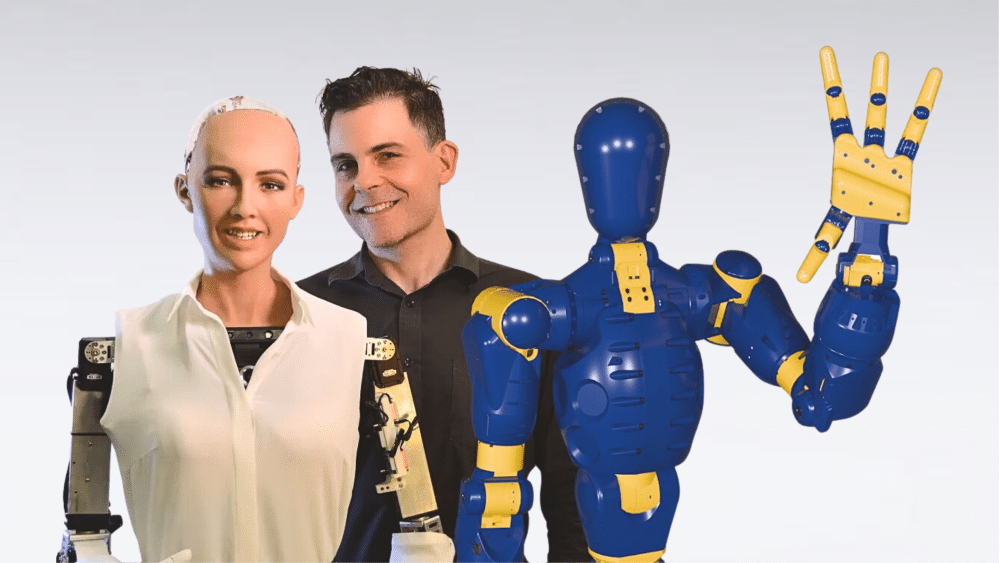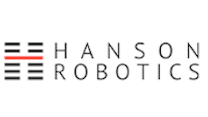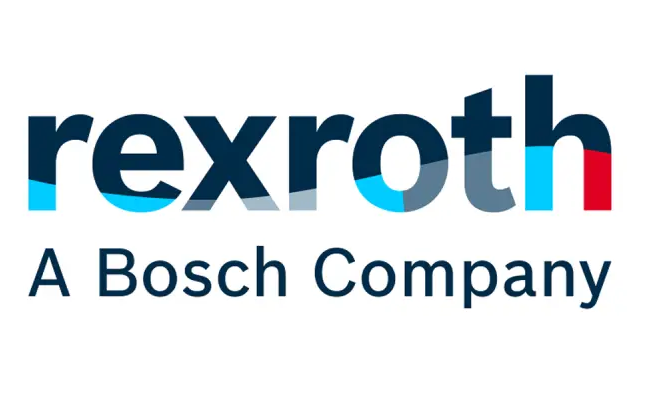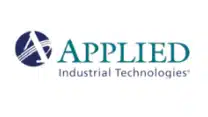Read Now on: Yahoo! Finance
David Hanson of Hanson Robotics brings a unique perspective in robot-human collaboration to a company that’s breaking new ground in the industry.
Los Angeles, CA, September 6, 2024 — The mastermind behind one of the world’s most famous robots has joined the team at WorkFar Robotics, a company that offers highly sophisticated humanoid robotic solutions for difficult-to-staff warehouse and manufacturing applications. David Hanson of Hanson Robotics is known for creating Sophia, the world’s first robotic entity to be granted citizenship in a country (in this case, Saudi Arabia). Hanson is now WorkFar’s Chief Executive Advisor.
Hanson Robotics and WorkFar have already collaborated on WorkFar’s new “Syntro” robot, a powerful new product that pairs a humanoid robot equipped with artificial intelligence and a trained, remote human operator wearing virtual reality goggles and haptic/force feedback gloves. This hybrid-intelligent solution allows businesses in the industrial sector to take advantage of the best core logic on the market today — human acumen — while also receiving a robot that can get potentially dangerous tasks done at no risk to their employees.
David Hanson’s Stellar Track Record in humanizing AI and Robotics
Perhaps thanks to a plethora of sci-fi storylines from the last century, the robotics industry — and particularly the humanoid robotics niche — could use a bit of a reputation makeover. With Sophia sparking people’s curiosity at events across the globe, it’s clear that Hanson knows how to maximize a robot’s relatability. In addition to being the world’s first robot citizen, Sophia was designated the first robotic Innovation Ambassador for the United Nations Development Program (UNDP).
Sophia’s success stems largely from the meticulous engineering and parents material science behind her highly realistic and expressive face, which can mimic more than 60k human expressions. She orients herself within her surroundings using a combination of computer vision and ROS based Robotics motion control. Open-source Hanson AI allows her to converse naturally with people, while also serving ongoing research into AGI and machine consciousness.
Hanson didn’t build Sophia simply to wow the public. His vision is for her to be a platform to inspire discussions around the ethics of AI-enhanced humanoid robots and how humans can interact with them in productive and meaningful ways. Sophia’s lifelike design and natural-seeming expressiveness is paramount in this effort — people can get a clearer window into the future and start to understand what conversing with the robots of the next decade or so will feel like.
Hanson and WorkFar are currently hatching a plan to send Sophia on the greatest adventure yet — a trip to Mars. Off-limits to any individual made of flesh and blood, the Red Planet will nonetheless be able to welcome a citizen of Earth (just not a human citizen). Perhaps within a few decades, humans will be able to follow in Sophia’s footsteps. The future is shaped by people and organizations who dream big, and both WorkFar and Hanson have shown themselves capable of making meaningful contributions to a futuristic world.
Human-robot Interaction is at the Core of the Future of Robotics — and WorkFar’s Vision
Much ado has been made about “robots taking away jobs,” but the reality is much more complex — and much more dependent on the continued participation of humans across all industries. Certainly, robotics can free people up from repetitive tasks and make it unnecessary for a human worker to enter a hazardous environment to do a job, but human ingenuity is, and will remain, vital. Some of the most impactful robotic solutions are those that have humans and robots working in tandem.
Enhancing human-robot collaboration is central to the mission of WorkFar, which describes itself as “the collaborative robot company”. WorkFar’s robots are not designed as standalone, people-free solutions in any way. Since the robots are paired with a trained human operator working from a remote location, the WorkFar solution fuses robotic task automation with high-level decision-making capability. This makes it much more flexible than a simple collaborative robotic arm or an autonomous mobile robotic fleet.
Even as artificial intelligence advances, robotic solutions will still need to answer to the decision-making and problem-solving power of humanity. Robotic technologies that evolve alongside people are the ones that are best poised to capture market share over the long term. With the designer behind the world’s first robot citizen in a key advisory capacity, WorkFar is proving its relevance as a key player within not just the robotics industry, but the world as a whole.

